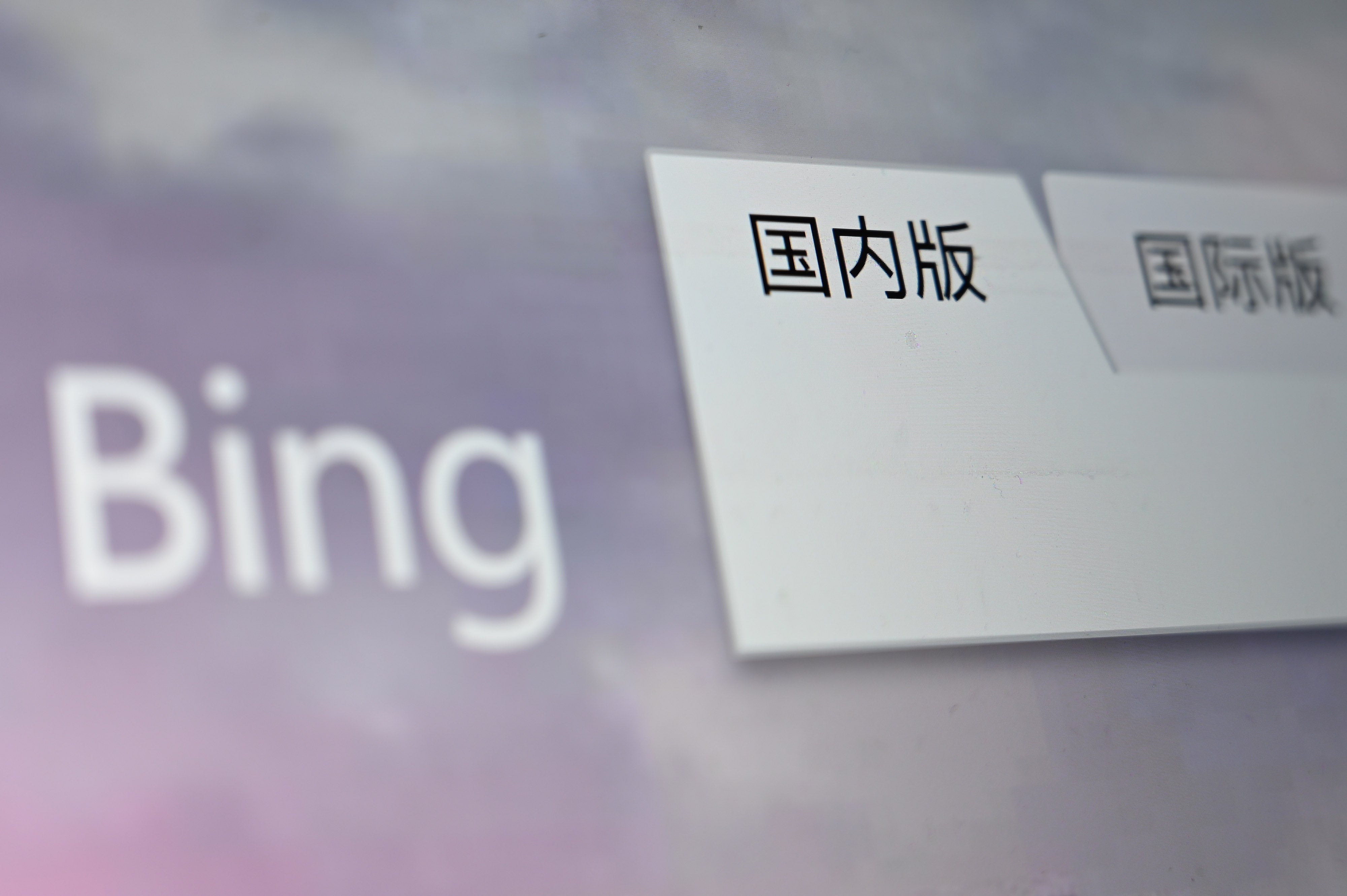Microsoft Bing’s autocomplete function has been mysteriously banned in China
‘Bing is a global search platform and remains committed to respecting the rule of law and users’ right to access information,’ a message on its China site reads

Your support helps us to tell the story
From reproductive rights to climate change to Big Tech, The Independent is on the ground when the story is developing. Whether it's investigating the financials of Elon Musk's pro-Trump PAC or producing our latest documentary, 'The A Word', which shines a light on the American women fighting for reproductive rights, we know how important it is to parse out the facts from the messaging.
At such a critical moment in US history, we need reporters on the ground. Your donation allows us to keep sending journalists to speak to both sides of the story.
The Independent is trusted by Americans across the entire political spectrum. And unlike many other quality news outlets, we choose not to lock Americans out of our reporting and analysis with paywalls. We believe quality journalism should be available to everyone, paid for by those who can afford it.
Your support makes all the difference.The autocomplete function for Bing, Microsoft’s search engine, has been banned in China.
The suspension, which will last for one week, was first noticed by users on Saturday amidst an ongoing crackdown on technology companies by the Chinese government, Reuters reports.
"Bing is a global search platform and remains committed to respecting the rule of law and users’ right to access information," Bing said on its Chinese search site. While China has its own thriving technology industry, its stringent limits mean that many giants in the West – such as Google, and its subsidiaries – are absent. Google has been blocked in the country since 2010.
It is unclear exactly why Bing had limits put upon it, although Reuters notes that it is the second suspension the search engine has received since December. Microsoft did not provide comment to The Independent before time of publication.
In 2021, Bing claimed that “accidental human error” blocked the infamous image of the protestor in front of the tank during the Tiananmen Square military crackdown during the 32nd anniversary of the event.
Users across the world said that searching for “tank man” resulted in no images when using the search engine. Other search engines such as DuckDuckGo, which use Microsoft’s search technology, also suffered from the issue.
Bing was also suspended in China in 2019 for one day, apparently due to a technical error rather than an attempt at censorship. The Cyberspace Administration of China did not respond to questions from journalists about the suspension at the time.
“It is in the interests of the Chinese authorities to keep Bing online because Microsoft takes great care to scrub the platform of any information that the authorities deem to be negative,” Charlie Smith, co-founder of GreatFire.org, an anti-censorship group, said at the time.
Join our commenting forum
Join thought-provoking conversations, follow other Independent readers and see their replies
Comments